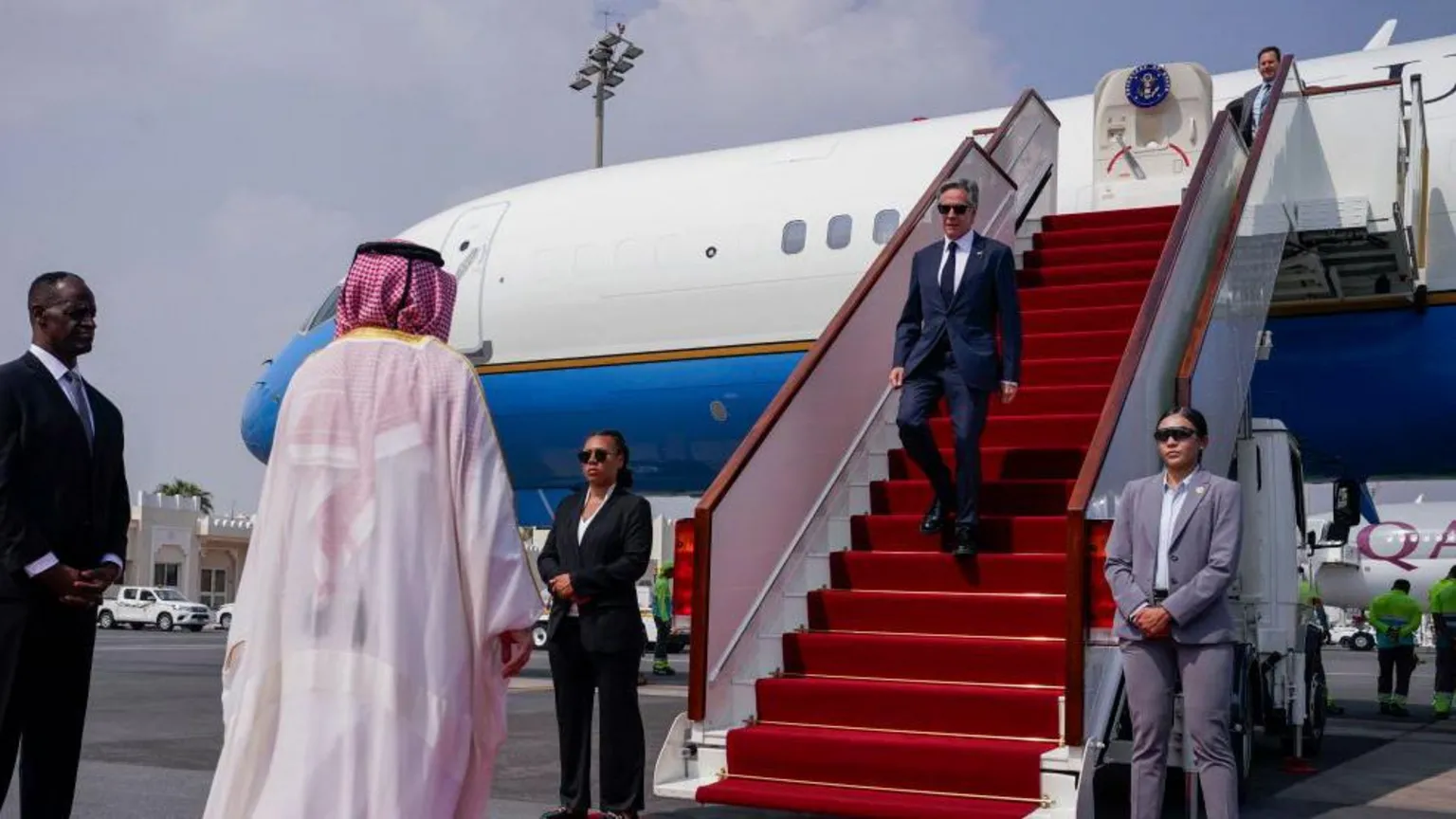Qatar has temporarily halted its role in mediating ceasefire and hostage release negotiations between Israel and Hamas, citing a lack of commitment from both sides. The Gulf nation, a key diplomatic player in the region, stated it will resume its efforts once Hamas and Israel demonstrate a renewed willingness to engage.
Reasons Behind Qatar’s Decision
Qatar’s pause in mediation follows discussions with senior U.S. officials, who expressed frustration with Hamas’s stance in recent talks. U.S. officials reportedly advised that Hamas should no longer maintain a political office in Qatar, accusing the group of rejecting recent proposals aimed at resolving the Gaza conflict. Qatar’s Ministry of Foreign Affairs clarified that, while it communicated its intent to stall mediation efforts about 10 days ago, it would resume negotiations if both parties showed a serious commitment to peace.
Background of Qatar-Hamas Relations
Hamas has operated a political office in Doha since 2012, initially established under the Obama administration to provide a diplomatic channel for Gaza-related issues. In recent developments, however, Qatar’s relationship with Hamas appears to be shifting. Notably, Qatar hosted a subdued, private mourning ceremony following the killing of a Hamas leader, contrasting with a larger state-sanctioned event held for a previous leader, suggesting a cooling of diplomatic ties.
The Potential Next Steps for Hamas
With pressure mounting from U.S. and Qatari officials, Hamas may face the need to relocate its political base. Turkey is a likely alternative, given its role as a NATO ally and frequent intermediary between East and West. Turkish President Recep Tayyip Erdogan has previously hosted Hamas leaders, and Turkey may offer both diplomatic channels and relative security. Iran, another potential base, may pose significant security risks given Israel’s history of targeting Hamas leadership there.
U.S. and International Pressure for Peace
The U.S. is reportedly pressuring Israel to improve humanitarian conditions in Gaza and accept more aid deliveries. As Washington’s concerns over the humanitarian crisis grow, so does international frustration with the lack of progress toward a peaceful resolution.





